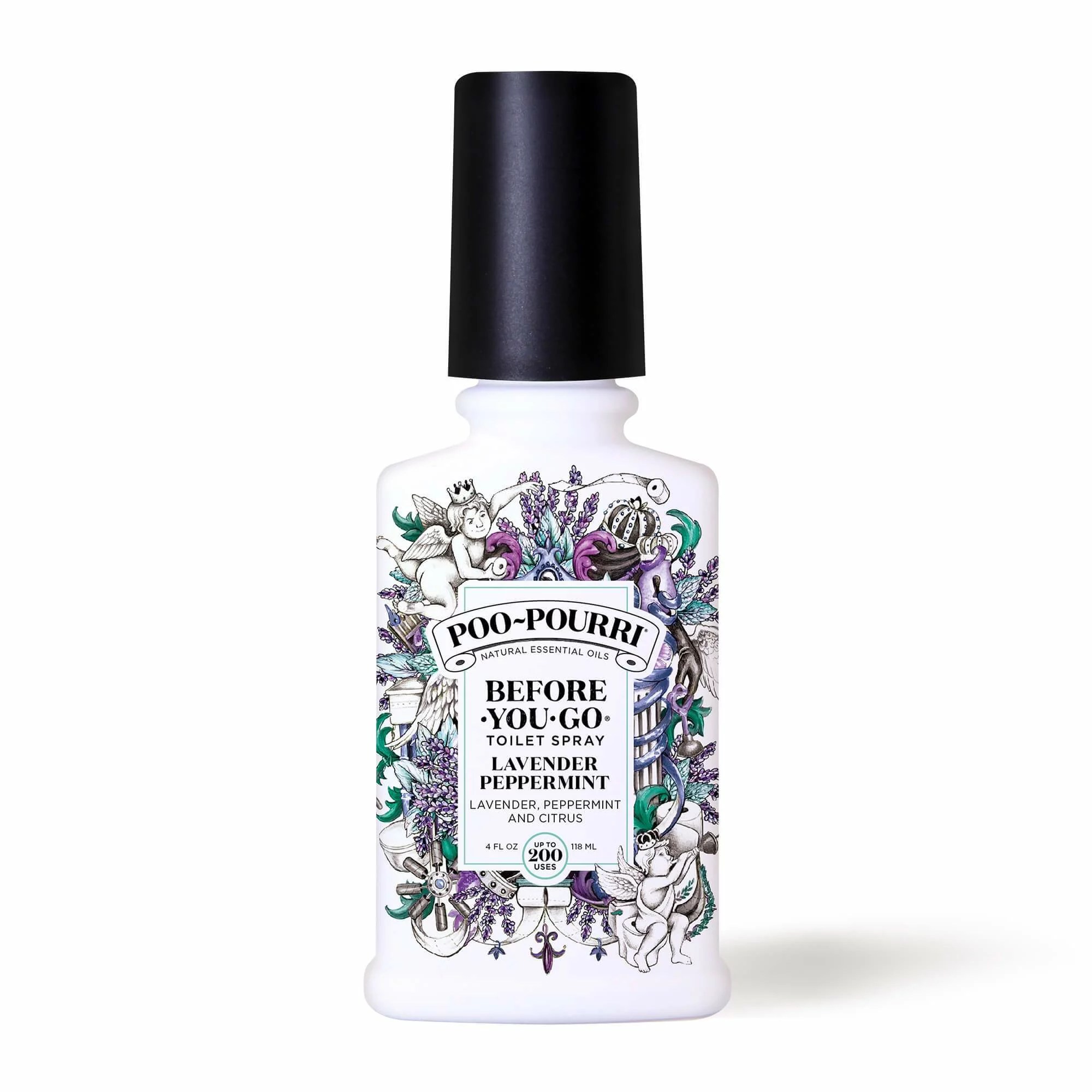Here’s Everything We Learned About How and Why We Pooped This Year
Before we *let go* of the trials, tribulations, and fortunes of 2022, we’d like to take a moment to review the important info we learned about our gut this year. Because whether you launched a new career, got a degree, moved cities, had a baby, or welcomed home a furry one, one thing’s for certain: You pooped the whole way through.
Keep scrolling to see our eight favorite poop revelations from this year; we promise it makes for a good bathroom read.
8 things we learned this year about why and how we poop
1. Exactly what a ‘normal’ poop pattern looks like
What does a ‘normal’ poop pattern look like, anyway? While it varies from person to person, most gastroenterologists agree that fully evacuating your system once a day is a good standard. Instead of looking to your poop frequency for insight, examine your week’s worth of pooping habits.
“There are some people who can poop five times a day, and every single one of those bowel movements is a little chicken nugget," says GI doctor Will Bulsiewicz, MD. "And when you combine those five bowel movements into one, they still don't account for a complete bowel. They're still backed up.”
{{post.sponsorText}}
2. The science behind why we have to poop when we leave the house
You might frequently experience a sudden urge to poop after leaving the house. Turns out, there’s a very simple scientific reason for it: stress.
"Your gut is lined with millions of nerve cells that make up the enteric nervous system,” physician Erin Hendriks, MD, previously told Well+Good. “When we are stressed or nervous, the body releases hormones and neurotransmitters that trigger contractions in the gut resulting in the urge to have a bowel movement."
As for poop-inducing powers of TJ Maxx and Barnes & Noble? We’ll, uh… keep you posted if we find out.
3. Pooping releases feel-good hormones
No, it’s not just you— pooping feels amazing. Apart from the instant feeling of relief, pooping can subside anxiety about constipation and provide a real sense of accomplishment if you’ve holding it in for a while. Plus, our guts are responsible for 70 percent of our serotonin stores; when we experience regular, frequent bowel movements, our mood naturally increases.
“Regular pooping causes less discomfort and indicates that your serotonin is being adequately released from your gut, which keeps your mood in check,” psychologist Samantha Gambino, PsyD, told Well+Good.
4. Certain foods can help you poop, while others… don’t
Fibrous foods like chia seeds, berries, beans, and whole grains can lead to increased regularity, while certain drinks containing caffeine can stimulate bowel movements. According to registered dietitian Roxana Ehsani, you should avoid white bread, white rice, and sugary cereals when trying to get things moving, so to speak. These foods have very little dietary fiber, so they won’t be of much help in the bowel department. In fact, too much of these and too little of their high fiber counterparts can result in further constipation.
5. That drinking warm water seriously aids digestion
If you’ve been a little *backed up* lately, drinking a glass of warm water can help move things along. While staying properly hydrated in general is known to help you stay regular, warm water can stimulate a bowel movement, whereas cold water can discourage it.
"Cold liquid slows down the entire digestive system by constricting blood flow to the stomach and intestines and slowing enzyme secretion, which in turns can cause lymphatic stagnation and a slower metabolism," Surya Spa founder Martha Soffer previously told Well+Good. "Room temperature and warm water, however, have the opposite effect, helping increase circulation to your digestive system and stimulating your 'agni,' or digestive fire."
As if we needed any more of a reason to drink more tea!
6. What it means if you’re good at holding your poop in
Some people can poop just about anywhere, while others prefer to hold it in for a long period of time until they’re back home. If you’re one of the latter, you may just be really good at ignoring your body’s signals. Being able to hold it in may feel like a superpower, but gastroenterologists warn that it can disrupt our bodies’ natural flow. While it’s okay to hold it in once in a while, frequent withholding can cause gas, bloating, inflammation, dry stools, and hemorrhoids. Ouch!
7. Exactly how to get rid of bathroom poop smells ASAP
There’s a few chemist-approved ways to get rid of bathroom odors ASAP. STEM Geek organic chemist Mark Coster, BSc PhD, says keeping the bathroom door open allows methane gas to escape, lessening strong post-poop smells. Coster also says to keep your bathroom stocked with baking soda and matches: baking soda absorbs odors, and the smell of fire can overpower any lingering scents. And for those especially smelly bowel movements, a few strategic sprays of Poo-Pourri pre-poop should do the trick (psst: you can take our bathroom scent quiz to find one that’s right for you).
8. Why straining is so terrible for your pelvic floor
The invention of the Squatty Potty revolutionized the way we poop. For those uninitiated, this handy device allows you to set your posture up for the perfect poo, allowing for less straining on the toilet. While amazing for most people, people who suffer from constipation might still feel the need to strain. Straining, pelvic floor physical therapist Heather Jeffcoat, DPT, can add stress to our pelvic floor, AKA the hammock of muscles that lead from our pubic bone to our tail bone.
"Straining while you go, here and there, isn't necessarily bad, but over time straining during a bowel movement can put you at risk for hemorrhoids or pelvic floor prolapse," Dr. Jeffcoat previously told Well+Good.
Loading More Posts...
